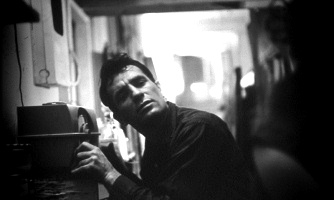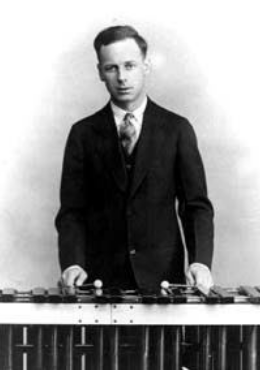Moral Maze :
Ukraine - the moral case for ceding land for peace BBC Radio 4, le 24 janvier 2024.
Cette émission d'une heure est construite sous la forme suivante : le présentateur Michael Buerk invite quatre intervieweurs (le panel) et quatre personnalités (à distance) autour d'une question morale. Un premier tour de table (3') définit le sujet et fait état des positions des membres du panel. Commence ensuite l'interview de chacun des quatre experts ou témoins invités (12' par personnalité). Enfin retour en petit comité pour évaluer collectivement les interventions et dire si la position des intervieweurs a changé (8').
Au vu des personnalités invitées à s'exprimer dans ce numéro, il faut constater que l'éventail des opinions est large. Tous les aspects du sujet sont analysés et l'auditeur se voit offrir des visions du monde qui lui permettent non seulement de se situer mais aussi de voir de manière critique sa propre façon de juger. Le désir de présenter la complexité et de faire œuvre pédagogique est évidente, même si, dans la récapitulation finale, on perçoit un désir de mettre en avant une position en accord avec le consensus médiatique (celui de la tendance politique de la BBC en général).
Quoi qu'il en soit on est très largement au-dessus de toute discussion en studio à France Culture alors que l'on est sur la radio généraliste de la BBC. Un modèle d'émission ayant la représentation équilibrée des points de vue comme objectif.
Le descriptif de ce numéro est très insuffisant. Pourquoi ni les quatre invités du panel, ni les quatre personnalités n'y sont mentionnés échappe au sens commun.
Les participants à cette discussion :
- Mona Siddiqui, Professor of Islamic and Interreligious Studies, University of Edinburgh
- Anne McElvoy, executive editor and head of audio at POLITICO Europe.
- Matthew Taylor, former political strategist and current Chief Executive of the NHS Confederation
- Charles Fraser, priest, Head of Divinity at The Leys School
1. Owen Matthews, British writer, historian and journalist, former Moscow and Istanbul Bureau Chief for Newsweek Magazine.
2. Iryna Terlecky, Chair of the Association of Ukrainian Women
3. John Rees, political activist, academic, journalist and writer, national officer of the Stop the War Coalition, Visiting Research Fellow at Goldsmiths, University of London.
4. Janina Dill, Fellow at Trinity College and Co-Director of the Oxford Institute for Ethics, Law, and Armed Conflict (ELAC).
It’s now nearly two years since Russia began its full scale invasion of Ukraine. Hopes that Ukraine might seize back its territory have been dashed, in a conflict that’s become deadlocked. At first it felt clear – the invasion is wrong, Putin must fail and be seen to fail, Ukraine’s defiance and bravery must be supported with everything its allies can provide. But as the death, destruction and bloodshed continues, with little sign of progress on either side, questions have been raised about how the war might ever be brought to an end.
How realistic is it for Ukraine to aspire to recapture all of its land, even Crimea? This year’s US presidential election has sharpened the focus: A Trump victory could threaten Ukraine’s future supply of arms. Some believe Russia would settle for the land it has already captured. If so, for Ukraine the bitter pill of ceding some 20% of its territory would at least bring the war to an end. But what’s the moral case for this? What’s the real value of peace – bought at the cost of justice? If western powers are seen to allow aggression to win the day in Ukraine, what message would that send to Vladimir Putin and other tyrants around the world? In Ukraine, what’s the moral case for ceding land for peace?
















